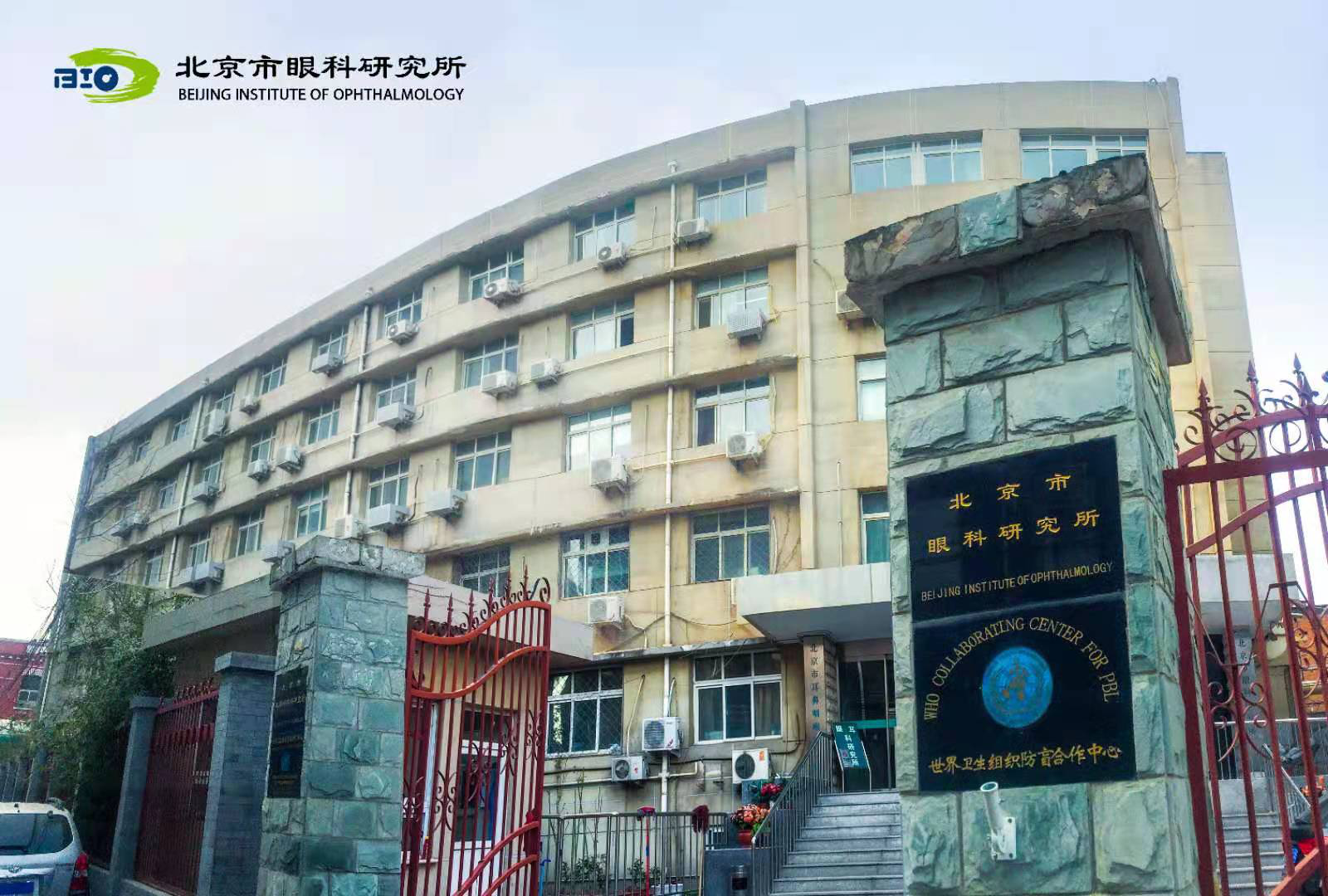
Supporting institution
依托单位
Beijing Institute of Ophthalmology was established in 1959, which is the first institute of ophthalmology that combines clinical and basic theoretical research in China. After 57 years of development, it has become an influential ophthalmology research unit at home and abroad that integrates scientific research, teaching, clinical, achievement transformation, and blindness prevention public welfare.
Beijing Institute of Ophthalmology has a splendid history. In 1956, Professor Tang Feifan from the Beijing Institute of Biological Products cooperated with Professor Zhang Xiaolou from the Beijing Institute of Ophthalmology and successfully isolated Chlamydia trachomatis for the first time in the international community, which solved the long-term problem of trachoma pathogens that the ophthalmology community has not determined in the world and became one of the top ten contributions to world science in 1957. After that, the nationwide trachoma survey and prevention & treatment led by Professor Zhang Xiaolou achieved outstanding results. Therefore, Professor Tang Feifan and Professor Zhang Xiaolou were awarded the "International Gold Medal for Trachoma" by the International Organization Against Trachoma.
Over the years, Beijing Institute of Ophthalmology has made great achievements in many fields such as corneal disease, glaucoma, cataract, fundus disease, ocular tumors, and ocular genetics and has repeatedly won the Science and Technology Progress Award at the levels of State, Ministry of Health and Beijing as well as national invention patents. Beijing Institute of Ophthalmology has a post-doctoral mobile station and teaching points for doctors & postgraduates, and currently has six doctoral tutors and five master tutors. It has successively cultivated more than ten post-doctors, and more than 100 doctoral and master candidates. Since 1988, the Institute has been identified as the Blindness Prevention Cooperation Center in China by the World Health Organization. It is the leader unit of the National Blindness Prevention Technical Steering Group and the Offices of National and Beijing Blindness Prevention Steering Group are also located in the Institute. The Institute is responsible for the edition and publication of two national professional ophthalmology journals, i.e., Foreign Medical Sciences (Section of Ophthalmology) and Ophthalmology. Ophthalmology is China's core journal in science and technology and the source journal of scientific and technical papers.
The Institute currently has 71 employees and has a Basic Department, an Applied Basic Department, a Translational Medicine Department, and an Administrative Department. There are ten departments and an engineering center, namely: Ophthalmology Microbiology Room, Ophthalmology Pathology Room, Ophthalmology Physiology Room, Ophthalmology Pharmacology Room, Ocular Genetics Room, Ocular Stem Cell Room, Blindness Prevention Office, Information Office, Research & Development Room, Administrative Office, National Engineering Technology Research Center of Ophthalmology Diagnosis and Treatment. It has the key disciplines in ophthalmology of the Ministry of Education, the key clinical specialty of the Ministry of Health, the National Engineering Technology Research Center of Ophthalmology Diagnostic and Therapeutic Equipment, and the Beijing Key Laboratory of Ophthalmology and Visual Science. All the laboratories are open to the society.
The Institute currently has 12 employees of senior titles, 14 employees of vice-senior titles, 27 employees of intermediate titles, 37 employees with doctoral degrees, as well as one academician of the International Academy of Ophthalmology and one Beijing Scholar, the institute is also the unit to the former chief member of Ophthalmology Branch of the Chinese Medical Association, the chief member of Beijing Academy of Ophthalmology, the Chairman of the China Committee of the International Agency for the Prevention of Blindness, Standing Director of the Asia-Pacific Academy of Ophthalmology, Director of the Afro-Asian Council of Ophthalmology, Standing Committee Member of the International Council of Ophthalmology and the Standing Director of the World Glaucoma Federation belongs.
In 2001, 2006, and 2011, under the guidance of Professor Xu Liang and Jonas, the "Beijing Eye Study" carried out epidemiological studies on various ocular diseases leading to blindness, such as glaucoma, cataracts, and age-related macular degeneration, which was at the forefront of the similar domestic studies in China, and published more than 100 foreign SCI papers. In 2005, the Institute was approved by the Beijing Municipal Science & Technology Commission as one of the four scientific research reform pilots in health system of Beijing. In 2006, the Institute set the development goal of building China's innovative blindness prevention system, actively explored new medical and blindness prevention models, and set up a digital ophthalmology regional collaborative demonstration platform. It is a digital demonstration hospital and remote ophthalmic imaging consultation center of the Ministry of Health, bearing the task of the National Scientific Data Sharing Project to make unremitting efforts to realize the sharing of expert resources, equipment resources, and service management resources, reduce the costs, and truly solve the difficult and expensive medical treatment for civilians.
Since 2013, Beijing Institute of Ophthalmology has created new development space in accordance with the idea of inheritance and innovation: on the basis of maintaining the traditional predominant disciplines of ophthalmology pathology, ophthalmology microbiology, and ophthalmology physiology, it has established innovative platforms such as the ophthalmology clinical scientific research platform, the cutting-edge biotechnology transformation platform as well as digital medical care and remote consultation; it has developed a discipline development model oriented by clinical issues and driven by technology leadership; it has vigorously promoted the development of basic studies and established scientific research funds to encourage basic scientific studies; it has establish the Translational Medicine Department to promote the transformation of scientific research achievements into clinical applications. The research group led by Professor Wang Ningli won the Second Prize of the National Award for Science and Technology Progress twice in 2013 and 2014.

